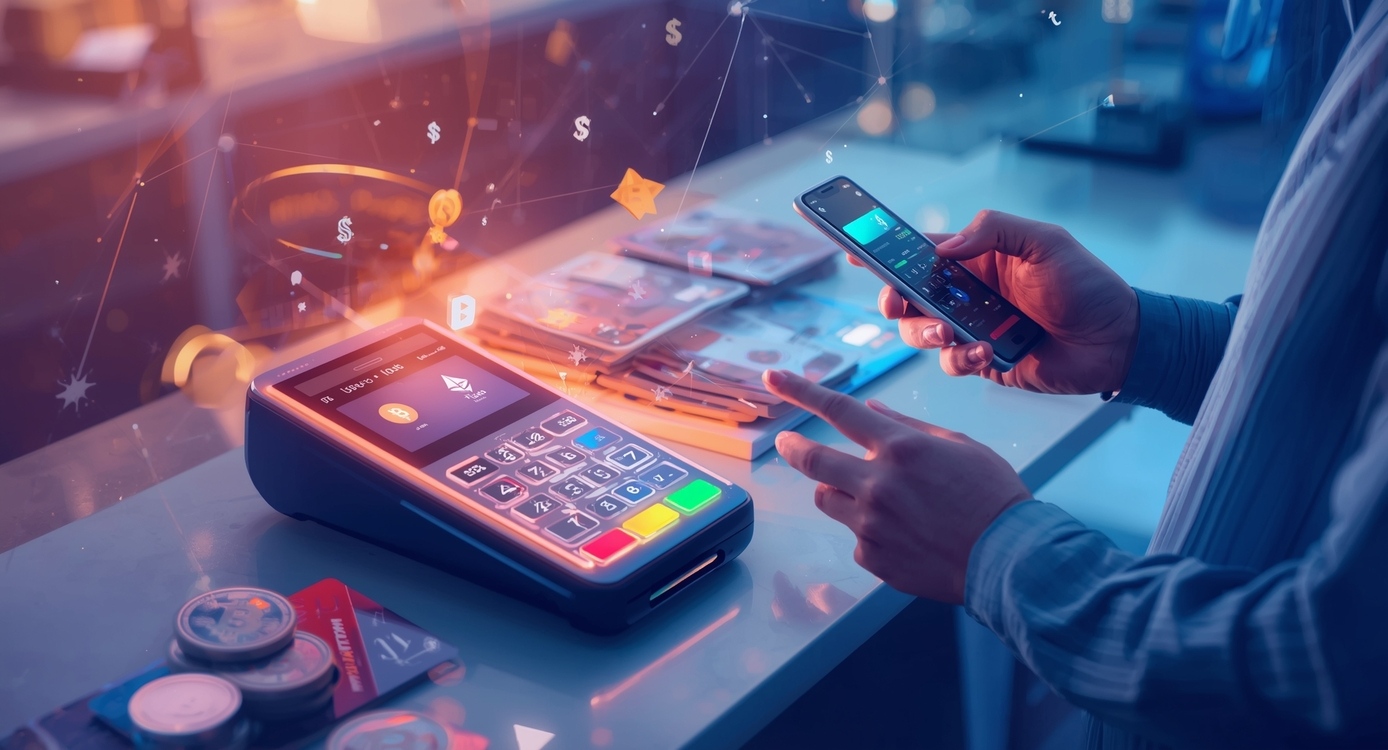News

Is Cryptocurrency the Future of Daily Transactions? Pros and Cons Explained
Consider the last time you made a purchase using a few coins, a card swipe, or even a simple tap of your phone. Now picture using Ethereum, Bitcoin, or another cryptocurrency to do it. Some people already experience this on a regular basis; it's not just a thought experiment. Crypto is gradually making its way into the checkout line of online merchants, travel websites, and even an increasing number of physical businesses.
The key question is whether it can transition from being a hip substitute to the standard method of payment. Is it truly able to match the dependability and simplicity of the payment methods we've used for decades? Let's examine what excites people about cryptocurrency, what hinders it, and what the future may bring.
The Appeal of Crypto in Everyday Life
Cryptocurrencies initially appear to be a perfect fit for the contemporary environment. They provide quicker cross-border payments, reduced fees, and bank independence. Compared to waiting days for a typical transfer, sending money to a buddy who lives halfway around the world in a matter of minutes without having to worry about expensive remittance fees sounds like a dream come true.
Additionally, cryptocurrency provides independence and security, which are more sentimental. Digital coins can serve as a hedge against inflation for residents of nations with shaky economies. For example, when the peso plummets further, people in Argentina frequently use stablecoins that are based on the US dollar to safeguard their money. For them, cryptocurrency is useful in addition to being futuristic.
Additionally, there is the cultural aspect. Using cryptocurrency is like being a part of a worldwide movement that challenges the structure of money and its owners. It's a statement rather than merely a transaction.
The Everyday Reality: Convenience vs. Chaos
To put it bluntly, however, using cryptocurrency to make payments is still a headache. Prices are very erratic. You could realize that the $10 Ethereum you used to buy lunch today could have been worth $12—or even just $8—tomorrow. Both buyers and sellers find it difficult to rely on this uncertainty.
Additionally, the technology itself may cause obstacles. When there is network congestion, some transactions process rapidly, while others crawl. That isn't exactly checkout-line friendly, but it would work well for internet money transfers.
Then there is the element of intimidation. Private keys, cryptocurrency wallets, and ongoing fraud alerts make the entire process seem dangerous to novices. Crypto still has a long way to go in terms of user experience when compared to the ease of tapping a debit card.
Pros: Why It Could Work
⚪ Borderless Payments: Crypto enables near-instant global transfers, often at lower costs.
⚪ Financial Inclusion: Billions remain unbanked, and crypto could connect them to global commerce.
⚪ Privacy and Control: Users don’t need to share personal details with every purchase.
⚪ Innovation: Stablecoins and central bank digital currencies (CBDCs) could smooth out volatility.
Cons: Why It Might Struggle
⚪ Volatility: Unstable prices make crypto unreliable for daily use.
⚪ Energy Use: Some coins still carry heavy environmental costs.
⚪ Regulation Uncertainty: Rules vary across countries, leaving businesses hesitant.
⚪ Complexity: The average consumer still finds crypto intimidating and inconvenient.
The Middle Ground: A Hybrid Future? So, Is Crypto the Future of Daily Payments?
Crypto may end up sharing the stage rather than completely replacing cash and credit cards. Imagine being able to quickly flip between dollars and digital coins on your banking app. Wider adoption may be facilitated by this fusion of the old and the modern.
Businesses are already setting the foundation. PayPal enables direct cryptocurrency spending. Visa and Mastercard are testing cards that are connected to cryptocurrency. Even big-box stores are investigating ways to incorporate digital currency into regular purchases.
Although cryptocurrency isn't yet ready to completely replace cash, it's also no longer a fanciful concept. It is making a name for itself, particularly in fields where conventional solutions are inadequate. Although usability, regulation, and volatility are still obstacles, progress is being made.
Crypto is most likely an element of the future of everyday transactions, but it may not be the only one. Furthermore, the question of whether or not we will utilize cryptocurrency on a daily basis may change as technology advances to one of when and how frequently.
Stick with https://k8airdrop.com/ for more Sports, esport, games, news, guides, and more!
Discover the thrill of cutting-edge online slot games! Visit http://k8.io/ now for an unparalleled gaming experience with the latest and greatest slot games.

Get K8 Airdrop update!
Join our subscribers list to get latest news and updates about our promos delivered directly to your inbox.



